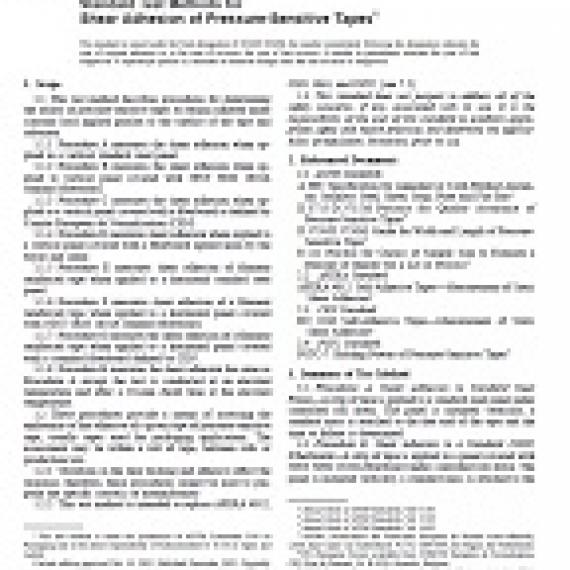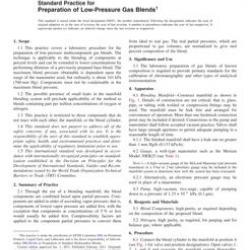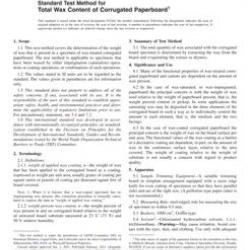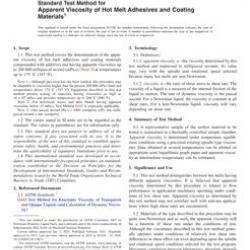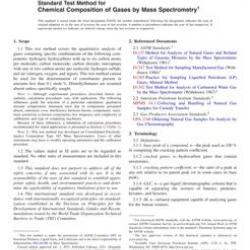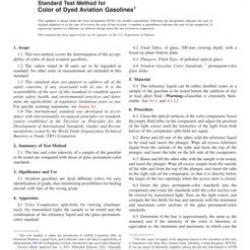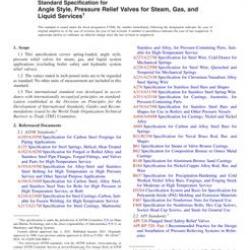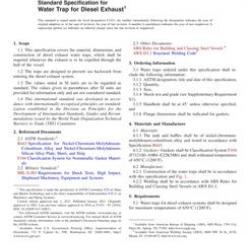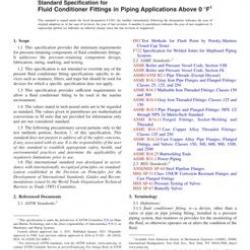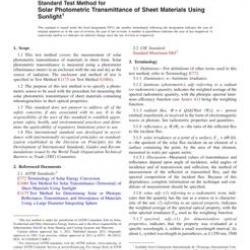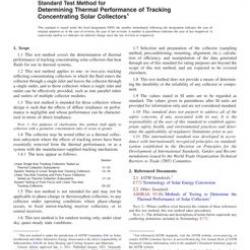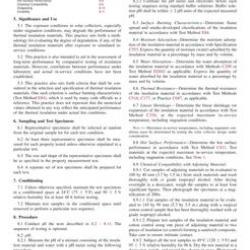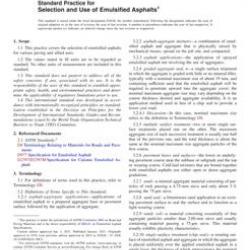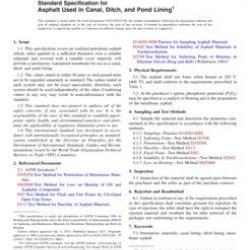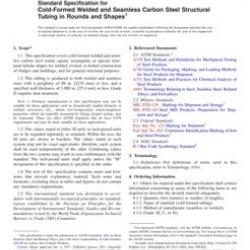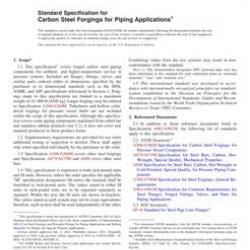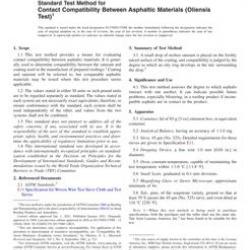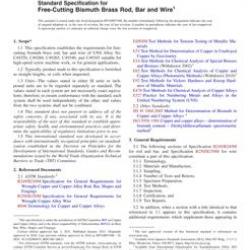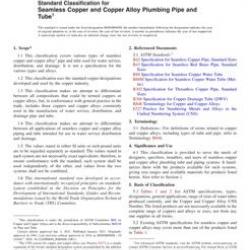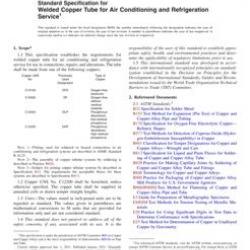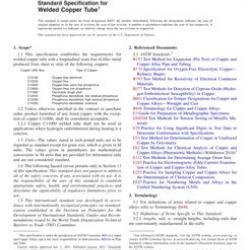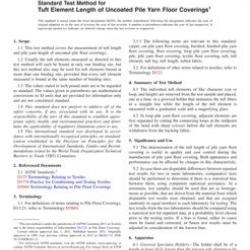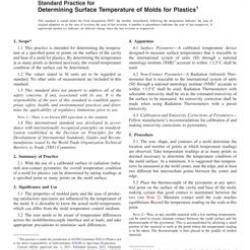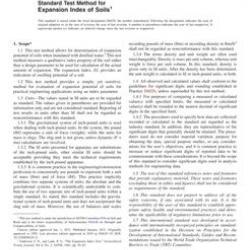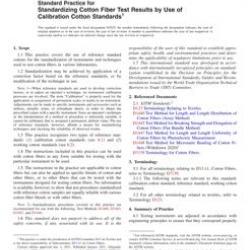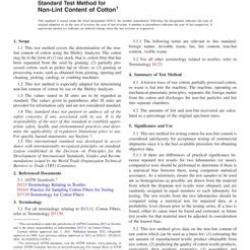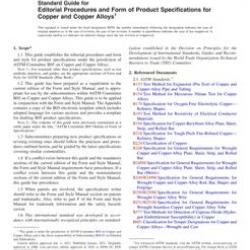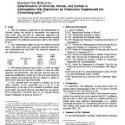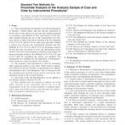-
 1xBS PD IEC TS...
$106.30
1xBS PD IEC TS...
$106.30 -
 1xBS PD ISO/PAS...
$149.73
1xBS PD ISO/PAS...
$149.73
No products
ASTM D3654/D3654M-02
ASTM D3654/D3654M-02 Standard Test Methods for Shear Adhesion of Pressure-Sensitive Tapes
standard by ASTM International, 10/10/2002
Full Description
1.1 This test method describes procedures for determining the ability of pressure-sensitive tapes to remain adhered under constant load applied parallel to the surface of the tape and substrate.
1.1.1 Procedure A measures the shear adhesion when applied to a vertical standard steel panel.
1.1.2 Procedure B measures the shear adhesion when applied to vertical panel covered with NIST SRM 1810A standard fiberboard.
1.1.3 Procedure C measures the shear adhesion when applied to a vertical panel covered with a fiberboard as defined by Comite Europeen de Normalisation (CEN).
1.1.4 Procedure D measures shear adhesion when applied to a vertical panel covered with a fiberboard agreed upon by the buyer and seller.
1.1.5 Procedure E measures shear adhesion of filament reinforced tape when applied to a horizontal standard steel panel.
1.1.6 Procedure F measures shear adhesion of a filament reinforced tape when applied to a horizontal panel covered with NIST SRM 1810A standard fiberboard.
1.1.7 Procedure G measures the shear adhesion of a filament reinforced tape when applied to a horizontal panel covered with a standard fiberboard defined by CEN.
1.1.8 Procedure H measures the shear adhesion the same as Procedure A except the test is conducted at an elevated temperature and after a 10-min dwell time at the elevated temperature.
1.2 These procedures provide a means of assessing the uniformity of the adhesive of a given type of pressure-sensitive tape, usually tapes used for packaging applications. The assessment may be within a roll of tape, between rolls or production lots.
1.2.1 Variations in the tape backing and adhesive affect the response; therefore, these procedures cannot be used to pinpoint the specific cause(s) of nonuniformity.
1.2.2 This test method is intended to replace AFERA 4012, CEN 1943, and PSTC (see 7.2).
1.3 This standard does not purport to address all of the safety concerns, if any, associated with its use. It is the responsibility of the user of this standard to establish appropriate safety and health practices and determine the applicability of regulatory limitations prior to use.

